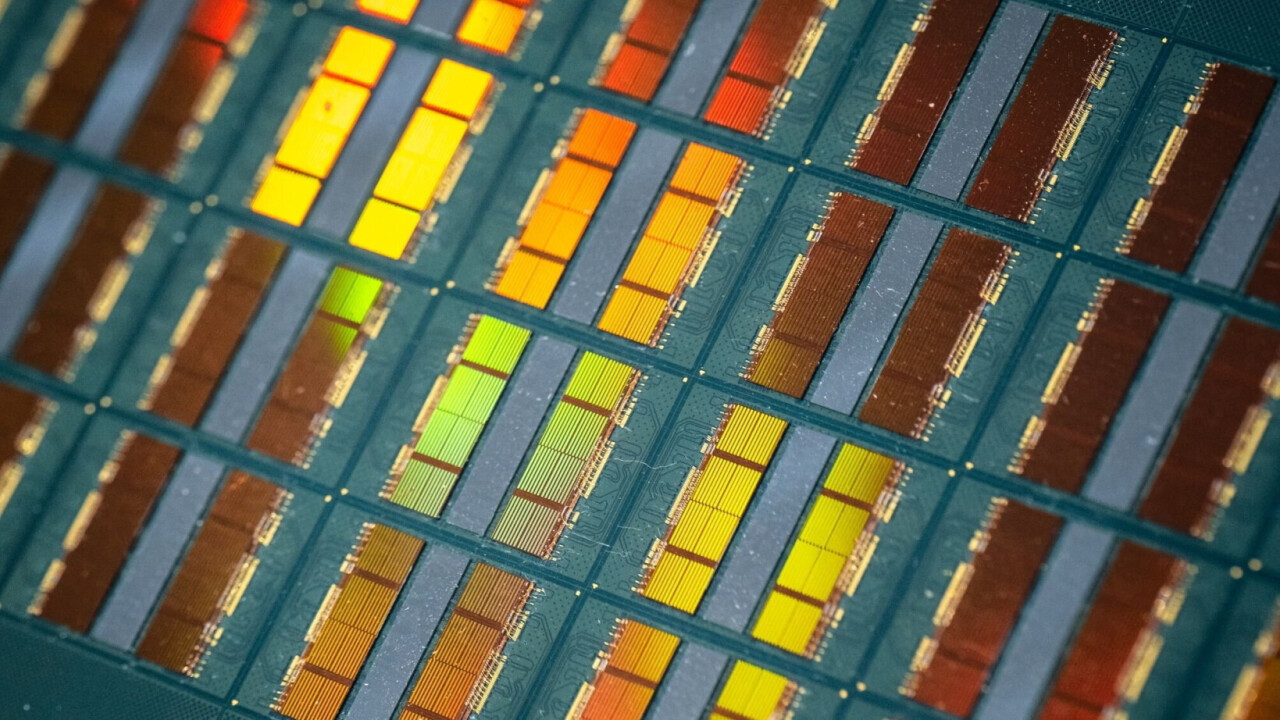
Google DeepMind researchers have trained a deep learning model to predict the structure of over 2.2 million crystalline materials — 45 times more than the number discovered in the entire history of science.
Of the two million-plus new materials, some 381,000 are thought to be stable, meaning they wouldn’t decompose — an essential characteristic for engineering purposes. These new materials have the potential to supercharge the development of key future technologies such as semiconductors, supercomputers, and batteries, said the British-American company.
Modern technologies, from electronics to EVs, can make use of just 20,000 inorganic materials. These were largely discovered through trial and error over centuries. Google DeepMind’s new tool, known as Graph Networks for Materials Exploration (GNoME), has discovered hundreds of thousands of stable ones in just a year.
Of the new materials, the AI found 52,000 new layered compounds similar to graphene that could be used to develop more efficient superconductors — crucial components in MRI scanners, experimental quantum computers, and nuclear fusion reactors. It also found 528 potential lithium ion conductors, 25 times more than a previous study, which could be used to boost the performance of EV batteries.
To achieve these discoveries, the deep learning model was trained on extensive data from the Materials Project. The programme, led by the Lawrence Berkeley National Laboratory in the US, has used similar AI techniques to discover about 28,000 new stable materials over the past decade. Google DeepMind has expanded this number eight-fold, in what the company calls an “order of magnitude expansion in stable materials known to humanity.”
While the new materials are technically just predictions, DeepMind researchers say independent experimenters have already made 736 of the materials, verifying their stability. And a team from the Berkeley Lab has already been using autonomous robots to synthesise materials it discovered through the Materials Project as well as the new treasure trove unearthed by DeepMind. As detailed in this study, the autonomous AI-powered robot was able to bring 41 of 58 predicted materials to life, in just 17 hours.
“Industry tends to be a little risk-averse when it comes to cost increases, and new materials typically take a bit of time before they become cost-effective,” Kristin Persson, director of the Materials Project, told Reuters. “If we can shrink that even a bit more, it would be considered a real breakthrough.”
DeepMind researchers say they will immediately release data on the 381,000 compounds predicted to be stable and make the code for its AI publicly available. By giving scientists the full catalogue of the promising ‘recipes’ for new candidate materials, the company said it hopes to speed up discovery and drive down costs.
The unveiling of GNoME comes on the heels of several impressive developments at Google DeepMind, which was formed in April when UK-based DeepMind and US-headquartered Google Brain merged into a single AI research unit. The latest being the launch of the world’s most accurate 10-day global weather forecasting system.
Get the TNW newsletter
Get the most important tech news in your inbox each week.




